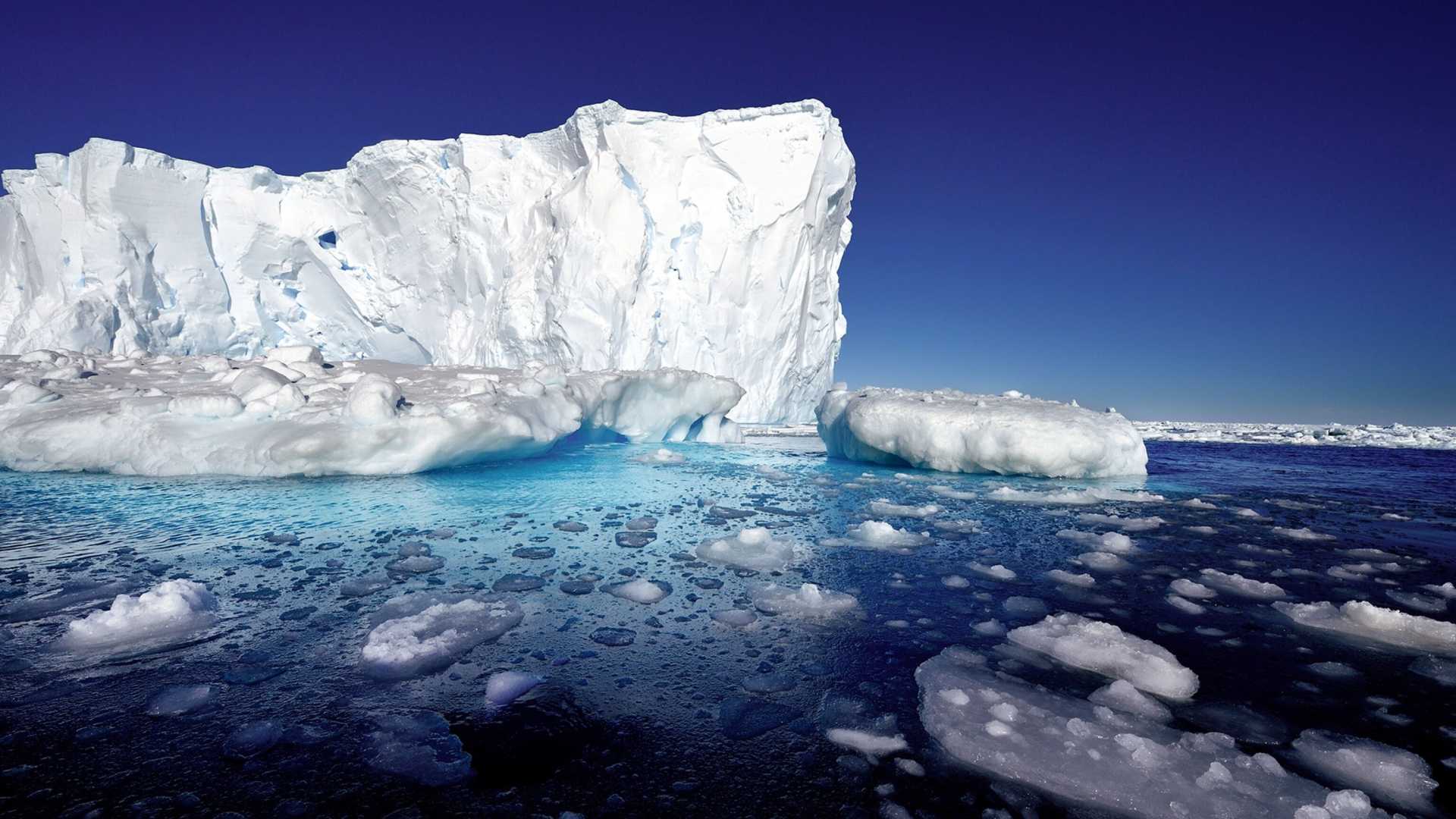News
Antarctica’s Meltdown Triggers Red Flag Warning for Global Sea Levels

WASHINGTON, D.C. — Antarctica has become a central focus in the discussion on global warming, as recent scientific findings indicate the continent’s glaciers are melting at unprecedented rates. Polar scientists have issued a Red Flag Warning, signaling serious risks of catastrophic sea level rise within the current generation.
Experts have convened in various meetings over the past 18 months, raising alarms about the rapid changes in Antarctica’s ice sheets. The 11th Scientific Committee on Antarctic Research meeting, held in August 2024, brought together 1,500 scientists who stated, “Antarctica’s glacial melt is advancing faster than ever before in recorded history.” Glaciologist Gino Casassa, director of the Chilean Antarctic Institute, warned that sea levels could rise by 13 feet by 2100 if current trends continue.
This alarming projection has spurred discussions about immediate action. In November 2024, 450 polar scientists held an emergency meeting in Australia, urging that rapid action is needed to reduce CO2 emissions. They cautioned that without drastic measures, the melting Antarctic ice could lead to significant global sea level rise within our lifetimes.
New research published in October 2025 in Nature Geoscience highlights evidence of Antarctica mimicking Greenland’s melting dynamics. This study, conducted by Ruth Mottram and colleagues, indicates that increased surface melting and faster-moving glaciers are driving alarming changes in Antarctica.
With the potential for 200 feet of sea level rise locked within the Antarctic ice, coastal megacities around the world face dire threats. Each foot of sea level rise could flood an estimated 100 feet of shoreline, emphasizing the urgency of the climate crisis.
Recent marine heatwaves have further complicated the situation, with studies revealing that 96% of the ocean experienced extreme heat conditions for over 500 days in 2023. These conditions jeopardize marine ecosystems and could lead to uninhabitable ocean environments.
The scientific community emphasizes that immediate, coordinated efforts are needed to mitigate these risks. As climate change progresses, global leaders are being urged to recognize the significance of Antarctica’s melting glaciers and implement drastic measures to protect vulnerable coastal regions.












